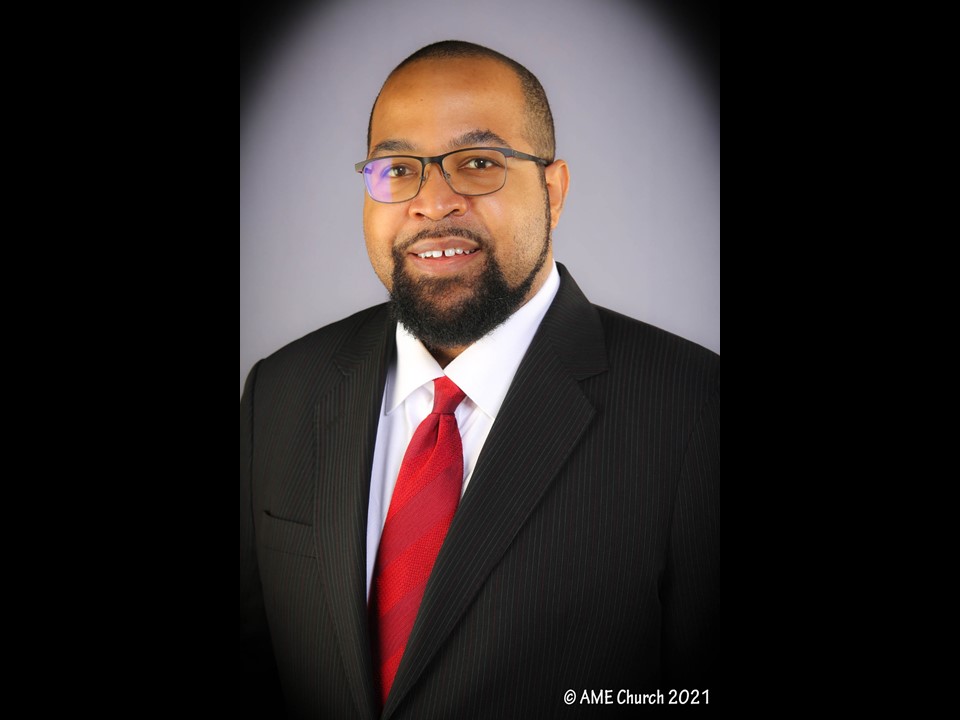By John Thomas III, Editor, The Christian Recorder
When Jesus saw him lying there and knew that he had been there a long time, he said to him, “Do you want to be made well?” John 5: 6
From July 6-10, the family of the African Methodist Episcopal Church gathered in Orlando, Florida and through Zoom conferencing to conduct the business of the denomination in the best way we knew how. It seemed as if Murphy’s Law was in full effect: a global pandemic, a looming hurricane, poorly functioning sound, international connectivity issues and to top it all off a brief electrical fire in the main hall.
And still, we are yet alive…and thoroughly exhausted.
Bishop Vinton Anderson once stated, “No two General Conferences are alike.” I’m sure that the attendees of the 2021 General Conference pray that saying is true and that we never have such a harried meeting again. Even by our normally ambitious standards for General Conference agendas, attending this meeting felt like running a gauntlet. The schedule was so congested that only eight pieces of legislation were considered and by the middle of the fourth day, all General Officer and Connectional reports were suspended and received electronically. I overheard a senior church official candidly state, “All we came here to do was retire these folks, elect new people and pass a budget. Anything else is extra.”
The “extra” accomplished, however, at the 2021 General Conference speaks volumes. The AME Church became the first predominately Black denomination to openly address concerns of sexual ethics and LGBTQ inclusion by creating a discernment committee charged with bringing back recommendations to the 2024 General Conference. We elected Advocate Thabile Ngubeni as the first lay African and first African woman to sit on the Judicial Council. Bishop Francine A. Brookins was elected as the 5th woman bishop and first daughter of a bishop. She along with Bishop Marvin C. Zanders II are the first bishops from Generation X (born 1965-1980). These historic achievements show the best of the AME Church as a denomination of “liberating and reconciling people”.
The road to these accomplishments, however, was not easy. Looming over the entire General Conference was the absence of the delegates from Canada, India and the continent of Africa exacerbated by the technological challenges. While the AME Church did the best it could, our family who were unable to travel to neither the United States nor South Africa because of the pandemic deserved far better and difficult questions must be asked about what “the Connection” looks like over the next decade. In several instances, Bishops ran roughshod over the rights of delegates and arbitrarily silenced debate during the business sessions. We saw repeated instances of ageism and microaggressions directed against young adults—even as a General Officer of the Church, I was not immune to being belittled because of my age. The brazen attempt to elect an all-male ticket to the Episcopacy as the first female Bishop retired should be seared into our memory along with the collective cry against it. It remains to be seen if the tension over the Episcopal assignments that brought an abrupt and chaotic end to the General Conference will persist until 2024.
We are the descendants of the Free African Society and the same spirit of resistance and refusal to be silenced that led us out of Saint George’s also compels us to fight against the injustices and iniquities we see directed towards each other.
As the dust settles and we move back into the routine of African Methodism, we must not rush through this moment to reflect on what the General Conference 2021 showed us. When Jesus approached the man at the pool of Bethesda, the man had become used to his condition, and he knew no other way to live. But when asked about healing, the man jumped at the chance to be restored. Problems that have long been thought to be in the shadows are now fully before us just like the sickness of the man at the pool was clear to everyone. The sicknesses of inequality, misogyny, homophobia, ageism, and neocolonialism that erupted into the full view of the General Conference can be healed—if we wish it. Healing requires us to be honest about the situation of our church at all levels and continue open and honest dialogues towards real solutions. We as members of the body of Christ serving in the AME Church must look around and ask ourselves, “Do we wish to be healed?”
I pray so.


